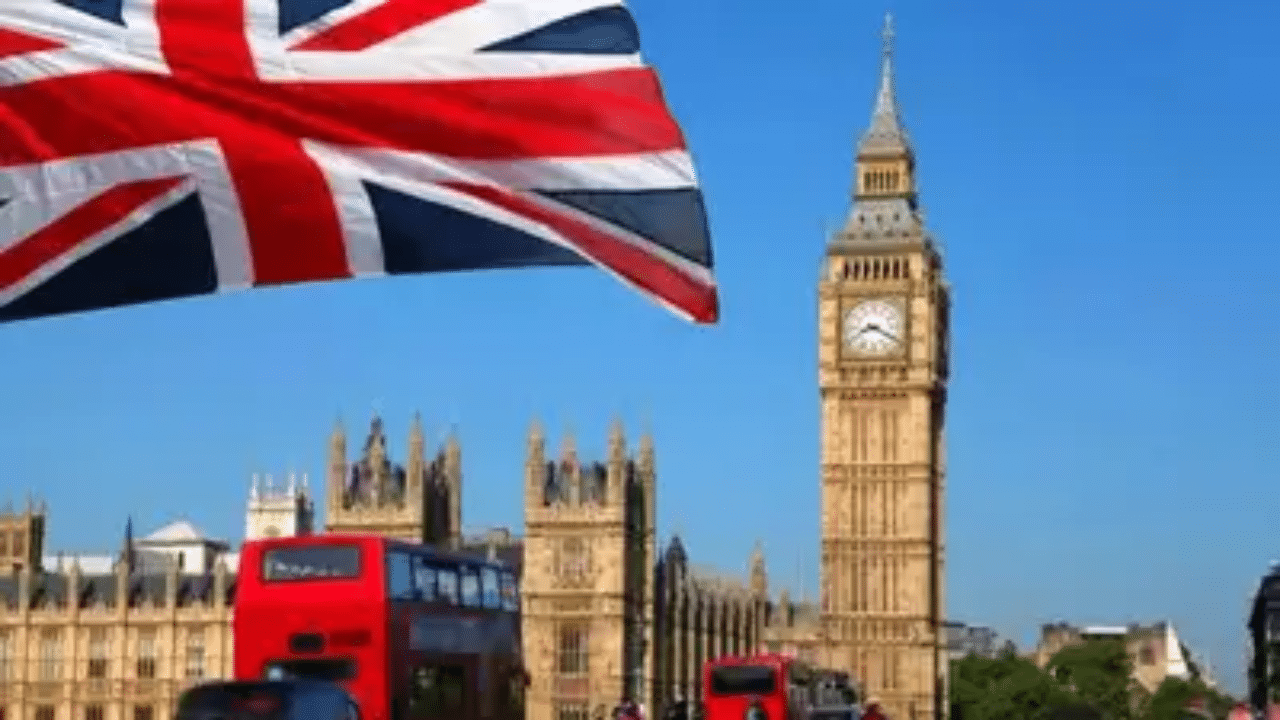UK GDP Declines 0.3% in April Amidst Trump’s Duties and Tax Expiration

Britain’s economy faced a significant setback in April, contracting by 0.3%, marking the steepest decline since October 2023. This downturn was primarily driven by the impact of US President Donald Trump’s tariffs and the expiration of a property tax break, which together disrupted economic output. The contraction exceeded analysts’ expectations, who had predicted a more modest drop of 0.1%. The services sector, particularly real estate and legal activities, bore the brunt of this decline, contributing to two-thirds of the overall GDP reduction.
Impact of Tariffs and Tax Break Expiration
The contraction in Britain’s economy was largely influenced by external and internal factors. The services sector experienced a notable shrinkage of 0.4%, primarily due to a slump in real estate transactions following the end of a temporary property transaction tax break. This tax relief had previously supported the sector, and its expiration has led to a sharp decline in activity. Additionally, exports to the United States fell by £2 billion in April, marking the largest monthly drop on record. This decline is attributed to the tariffs imposed by President Trump, which include a 10% levy on various goods and increased rates on aluminium and steel. Although Britain has a bilateral trade deal that offers some protection against these tariffs, many core tariffs remain in effect, further complicating the trade landscape.
Government Response and Economic Outlook
In response to the disappointing GDP figures, UK Finance Minister Rachel Reeves expressed concern over the economic outlook. Just a day prior to the data release, she had announced a multi-year public spending review valued at over £2 trillion, aimed at stimulating growth. Economists have pointed to a combination of factors contributing to the economic slowdown, including the shock from US tariffs, domestic fiscal tightening, and the lingering effects of previous interest rate hikes. Matt Swannell from the EY ITEM Club noted that despite the current data, the underlying pace of growth is expected to remain subdued.
The Bank of England, which had previously projected a growth forecast of 1.25% for 2026, is now faced with a more complex monetary policy landscape. The recent contraction complicates the central bank’s decision-making process, particularly as inflation concerns persist. While a rate cut is unlikely in the immediate future, many economists anticipate that the Bank may consider easing policy later in the summer.
Sector Performance and Trade Deficit
Among the various sectors, construction emerged as a rare bright spot, recording a growth of 0.9% in April. However, industrial production faced challenges, with a decline of 0.6% and manufacturing down by 0.9%. The Office for National Statistics reported that the UK’s goods trade deficit widened to £23.2 billion in April, up from £19.9 billion in March, surpassing analysts’ expectations. This widening deficit reflects the ongoing struggles within the economy and highlights the challenges posed by both domestic and international factors.
Analysts remain cautious about the future trajectory of the economy. The impact of US trade policy, combined with various domestic headwinds, continues to create uncertainty. Swannell warned that the seasonal volatility observed since the pandemic may persist, potentially skewing month-to-month GDP readings. As the UK navigates these economic challenges, stakeholders will be closely monitoring developments in both domestic policy and international trade relations.
Observer Voice is the one stop site for National, International news, Sports, Editor’s Choice, Art/culture contents, Quotes and much more. We also cover historical contents. Historical contents includes World History, Indian History, and what happened today. The website also covers Entertainment across the India and World.

